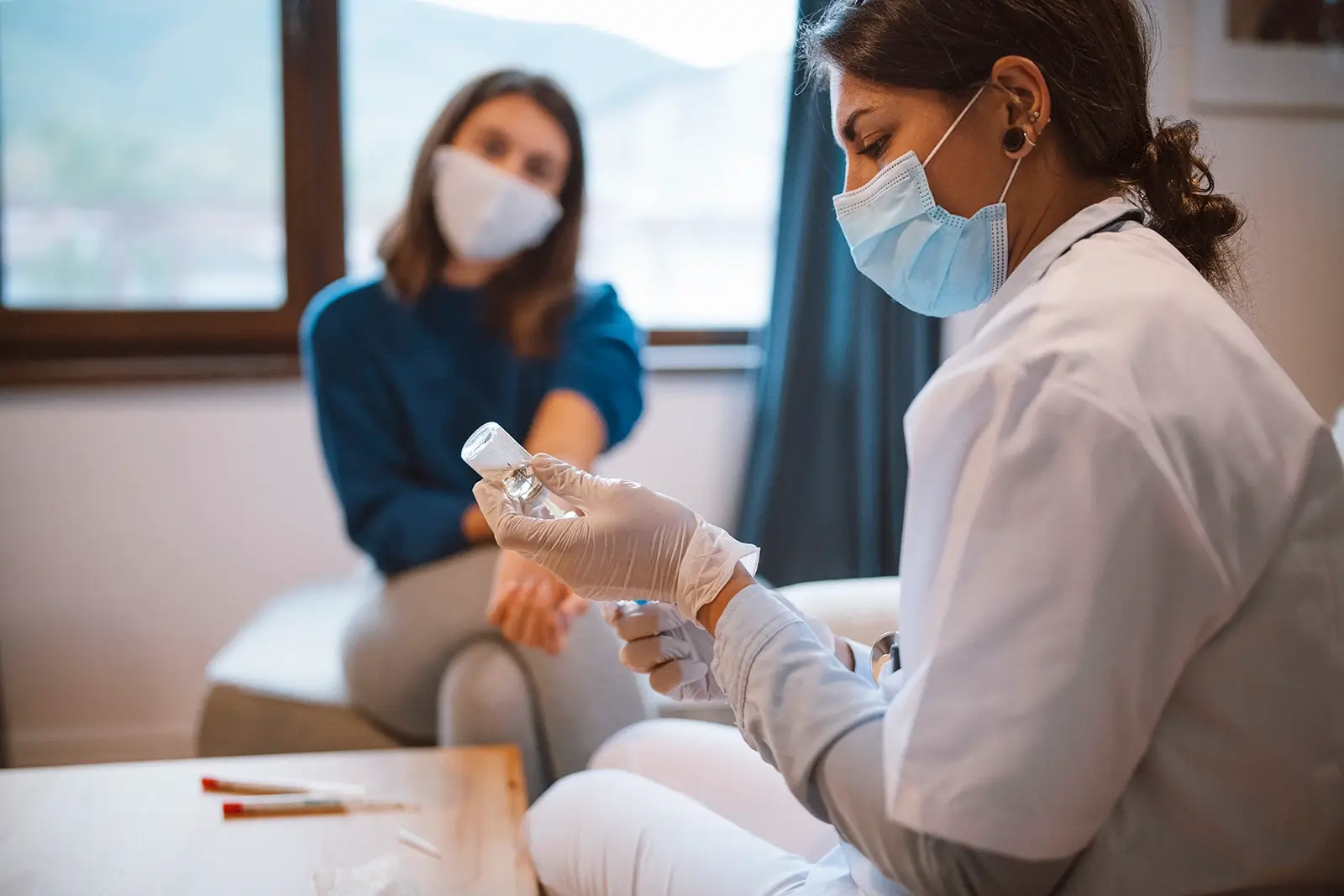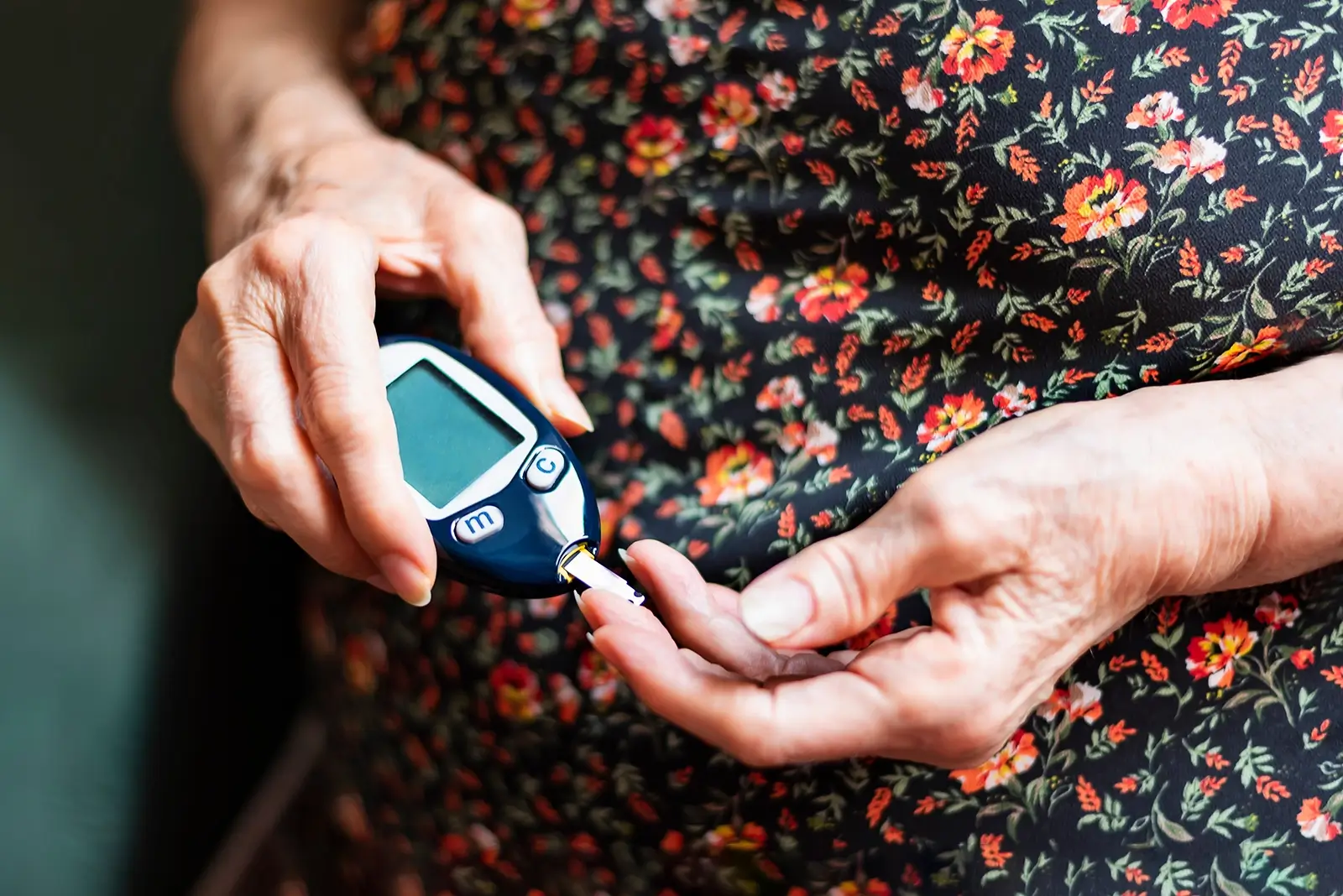Rare diseases: A spotlight on Gaucher disease research in India
Rare diseases: A spotlight on Gaucher disease research in India
Gaucher disease (GD) is a rare genetic disease caused by the production of a defective enzyme, leading to the accumulation of toxic lipids. GD can present with a spectrum of symptoms ranging from mild to severe, such as an enlarged spleen or seizures. The current standard of care for GD is enzyme replacement therapy (ERT), which is not only costly and intrusive but also ineffective in treating the neurological symptoms associated with Gaucher disease types 2 and 3.[1]
Globally, GD is estimated to affect 1 in 100,000 people. However, the prevalence of GD in some Asia Pacific (APAC) countries may be higher than the global average due to large populations and insufficient epidemiological data, for example, in India and China.[2]
Conducting rare disease trials in India
India boasts a large and diverse population, an improving healthcare infrastructure and skilled healthcare professionals, making it a favorable location to conduct clinical trials. However, people living with a rare disease in India are rarely enrolled in international clinical trials. Many factors may have contributed to the lack of recruitment, such as low rates of rare disease patient identification, lack of coordination between drug development sponsors and patient advocacy organizations and regulatory barriers[3].
To help improve patient identification and treatment in India, the country has implemented regulatory reforms and exemptions for rare disease trials[4] and established nationwide centers of excellence.
Patient advocacy groups are actively trying to raise awareness and support patients with rare diseases, such as Organization of Rare Disease India (ORDI). These patient advocacy groups have a network of physicians that treat rare disease patients across India. Collaboration with patient advocacy groups for conduct of clinical trials will help to connect with potential investigators who will have pool of suitable rare disease patients. This will facilitate quicker clinical trial enrollment, which will ultimately shorten the time it takes for rare disease therapies to receive approval.
Addressing inherent challenges in rare disease trials
Whether in conducting a trial in India or another country, all rare disease trials face similar challenges when recruiting within a limited patient population. As a CRO partner that has supported more than 800 rare disease studies (between 2018-2022), we can share several considerations for removing roadblocks and streamlining rare disease trials in Gaucher disease.
1. Accessing scientific and therapeutic expertise in rare diseases
To promote the successful execution of a challenging Gaucher disease trial, we recommend partnering with a CRO that has relevant scientific and therapeutic area expertise. Beyond this expertise, the CRO should also offer experienced regulatory strategy and project management teams that can provide input into the protocol design and help develop sound strategies for regulatory submissions. If protocol amendments are required to further enhance trial data quality and inclusion criteria, therapeutically focused medical monitors can offer relevant insights.
2. Implementing strategic site selection and engagement
Selecting suitable clinical sites with the appropriate facilities, qualified investigators and proximity to a sufficient rare disease patient pool is vital to the success of rare disease trials. Close connections with key opinion leaders (KOLs) in the relevant therapeutic area can also help to facilitate better understanding and engagement of potential sites to enhance the site selection process.
3. Developing a tailored recruitment strategy
Adequate subject enrollment is often challenging for rare diseases with a small patient population. We recommend working closely with investigators to implement tailored subject recruitment strategies. This can include developing a well-defined pre-screening and patient referral process, as well as leveraging existing patient databases at sites. Shorter subject enrollment timelines—and potentially lower screen failure rates—could be achieved by increasing access to the number of known patients.
4. Facilitating patient retention
As access to trial participation may be disparate across local regions, clinical trial participants may often be required to travel to participating sites for their study visits. It is important to consider possible mobility restrictions in Gaucher disease patients and provide adequate support to coordinate travel logistics and offer reimbursement. These actions can facilitate better compliance with study requirements and enhance patient participation and retention.
5. Employing a site-centric approach
Providing comprehensive site support, such as regular training of site personnel and timely assistance to resolve study issues, can help maintain protocol compliance and ensure data quality. Regular site engagement also increases a site’s confidence to run the trial per the protocol and GCP requirements.
Our approach to supporting complex and novel clinical trials
At Fortrea, we’re known for our thoughtful and integrated approach that helps meet the unique needs of rare disease patients in clinical trials.
Learn how our team can problem-solve, innovate and provide the flexibility required to build an exceptional partnership that drives more efficient delivery of your studies: Rare Diseases, Advanced Therapies and Pediatrics Team (RAPT).
References
[1] Stone WL, Basit H, Mukkamalla SKR, et al. Gaucher Disease. [Updated 2023 Nov 12]. In: StatPearls [Internet]. Treasure Island (FL): StatPearls Publishing; 2023 Jan. Available from: https://www.ncbi.nlm.nih.gov/books/NBK448080/
[2] Castillon, G., Chang, S. C., & Moride, Y. (2022). Global Incidence and Prevalence of Gaucher Disease: A Targeted Literature Review. Journal of clinical medicine, 12(1), 85. https://doi.org/10.3390/jcm12010085
[3] Chakraborty, M., Choudhury, M. C., Chakraborty, I., & Saberwal, G. (2022). Rare disease patients in India are rarely involved in international orphan drug trials. PLOS global public health, 2(8), e0000890. https://doi.org/10.1371/journal.pgph.0000890
[4] NIAID ClinRegs. India. https://clinregs.niaid.nih.gov/country/india#definition_of_investigational_product Accessed 15 Mar. 2024
Related insights












